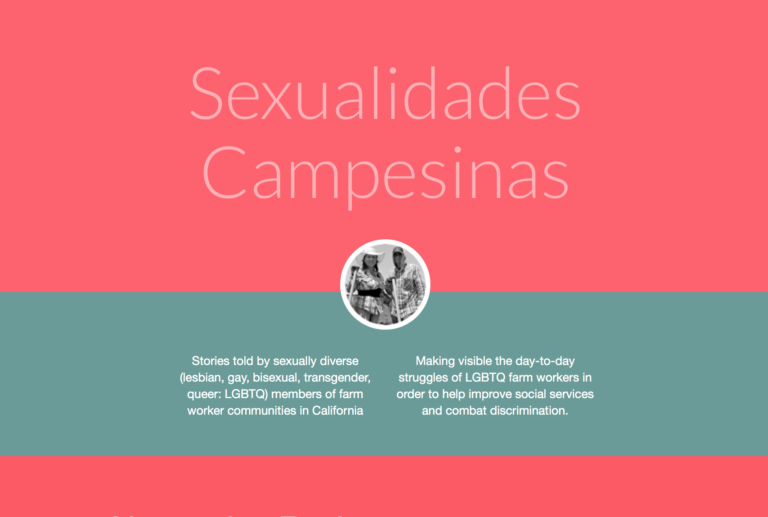The pandemic brought migrant farm workers into the limelight once again, as has happened repeatedly in the last three decades, in Italy as in many other parts of the world. Here I examine how intersecting and sometimes conflicting discourses and interventions, that have this biopolitically conceived population as their object, decide upon these subjects’ worthiness of attention, care, and sympathy through criminalizing, victimizing, and humanitarian registers. I reflect on some of the affective dynamics that sustain both the governmental operations through which these populations were (sought to be) managed and reactions against them from a situated perspective, as an accomplice to many of the forms of struggle in which migrant farm workers have engaged in the last decade in Italy. The stage for many such occurrences is what I have elsewhere defined as the “encampment archipelago” that many such workers, and particularly those who migrate from across West Africa, inhabit—labor or asylum-seeker camps, but also slums or isolated, derelict buildings, and various hybrid, in-between spaces among which people circulate.
Keyword: farm workers
Review of Farm Worker Futurism: Speculative Technologies of Resistance by Curtis Marez (University of Minnesota Press)
In this focused visual-cultural history of farm work in California over the course of the twentieth century, Curtis Marez draws on a materialist and critical approach to understand the representations, in various media and formats, of farm workers, and of the activist movements that they have championed. Marez frames analyses of cultural artifacts, including speculative and science-fiction books and films, documentaries, propaganda, and studio artworks, in the historical and material conditions of those farm workers’ movements. Throughout, he foregrounds the people who shaped modern labor movements, from the vineyards of the San Fernando and San Joaquin Valleys and beyond. Marez argues that competing material interests, socio-technical mediations, and historical conditions—the animating conflicts of this account, between agribusiness and farm laborers—have shaped broader expressions of “americanism”, imagined futures, and visual cultures across North American societies, through the very contradictions that animate and constitute them.
Ethics, Collaboration, and Knowledge Production: Digital Storytelling with Sexually Diverse Farmworkers in California
This article outlines the digital storytelling methods used for a community based research project focused on issues of sexuality among California farmworkers: Sexualidades Campesinas. We note how our process of collaboration in the creation and production of digital stories was shaped by the context and our envisioned storytellers. We then offer a critical analysis of our own unique experience with digital storytelling in this project, focusing on a handful of concepts key to understanding the nature of our collaborative production process: community, affect and collaboration, storytelling, performance, and mediation, with an eye to the problem of ethics.


